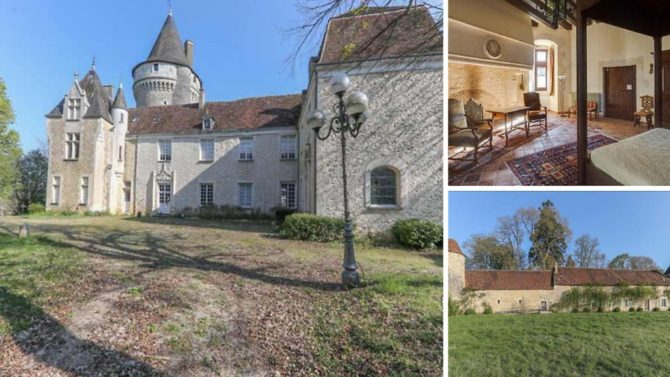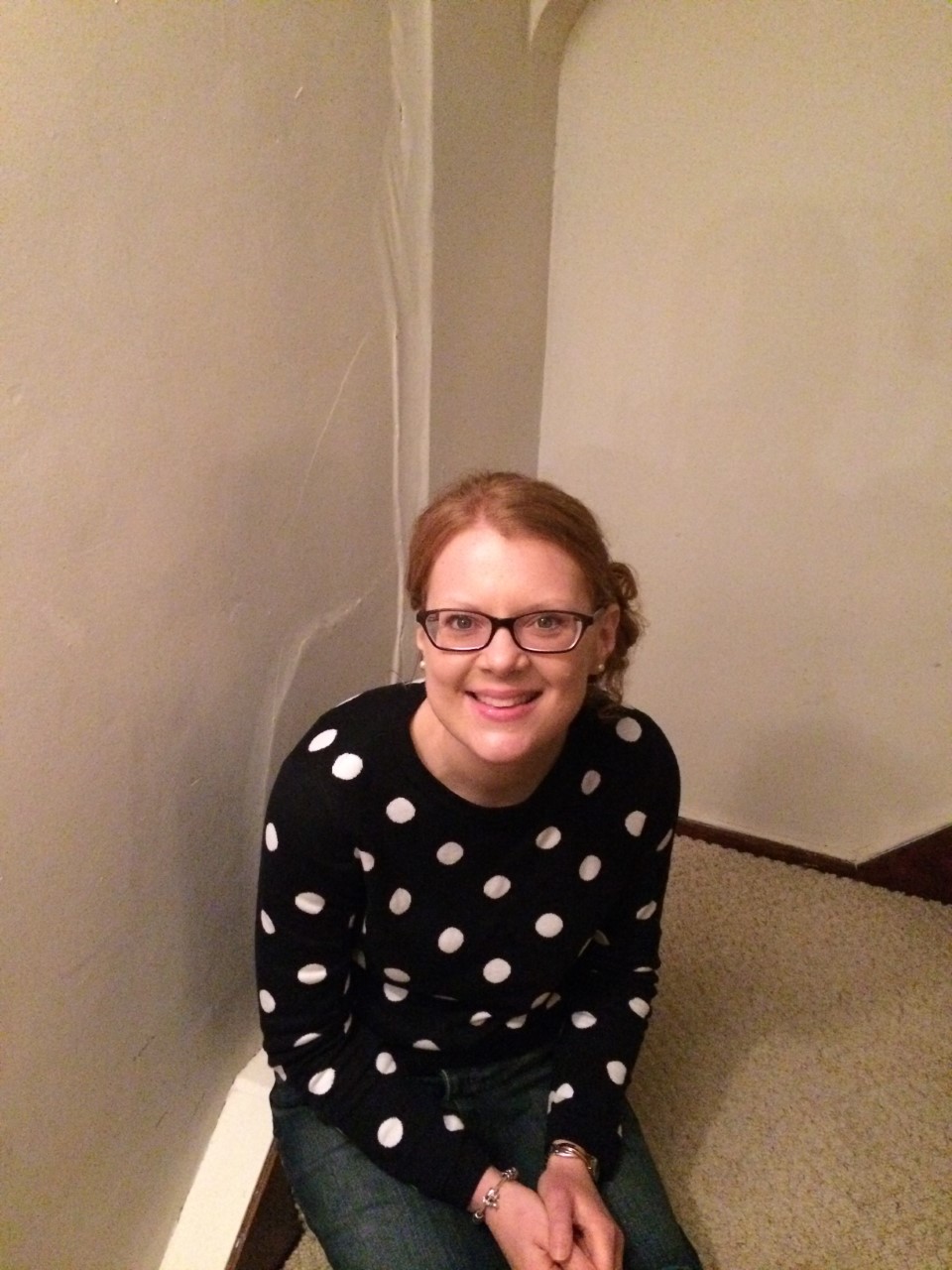Renovating a French château – what do you need to know?


From planning permission to budgeting, here are some of the practical considerations if you’re keen to buy while châteaux prices are even more affordable
Owning a château in France has never been more popular. The hugely successful television programme Escape to the Château and the subsequent spin-off Escape to the Château: DIY have inspired Brits in their droves to invest in their own French châteaux and tackle their own renovation projects. The ‘Dick and Angel effect’ shows little sign of waning, especially when it’s possible to become king or queen of your own castle for the price of a London flat. Affordable prices have made French châteaux all the more appealing and with prices now falling following the Covid-19 outbreak, buying your own castle could be an even more attractive prospect. Of course, there’s a lot to think about when it comes to taking on a property of this size, and especially when it comes to the renovation work. So, what are the practical considerations to keep in mind? Planning expert Arthur Cutler shares some advice.
Do different rules apply in terms of planning permission?
Although not all châteaux are ‘protected’ the majority are due to their historical interest. From a planning perspective this means there are a number of possible consequences. For example, the local branch of the Architecte de Bâtiments de France (ABF) will be involved in approving any changes to the property, often limited to those which alter the external appearance, but sometimes in relation to internal changes too, depending on the level of the building’s protection. There may also be other authorities or officials who have a say in the planning application process, all of which means there will be a longer than usual consultation period before planning permission is granted. Typically, this could be up to six months if there are no contentious issues, but possibly much longer if there are, because plans and drawings may have to be modified and resubmitted. It is also usual for regional variations to exist, so requirements in some areas may not apply in others.
What can châteaux owners do to prepare?
Owners can request meetings with the various authorities to discuss specific issues prior to developing a planning dossier – this helps ensure each party is fully aware of the proposed renovations and can identify any areas of concern. Time spent in this way is always beneficial and will help ensure the planning process is as smooth as possible.
______________________________________________________________________________________________________
You might also like…
Six super French châteaux for sale for less than €500,000
Escape to the Château: DIY visits couple who swapped their townhouse for a French château
Taking on a château in the Loire Valley: “Have fun, do it!”
______________________________________________________________________________________________________
What if work has already been carried out by the previous owners?
It is highly possible that some modifications and works have been undertaken on the property by previous owners and not always after applying for permission. It is wise during the purchase negotiations to thoroughly investigate all works which have been done, and whether permission was sought and granted. If not, you can use this opportunity to insert suspensive conditions in the purchase agreement that any such planning breaches will be regularised before completion. Alternatively, you can consider dealing with any regularisation yourself, and negotiate a price reduction. Care is needed though, because if you accept the latter, you may find yourself in a situation where retrospective planning consent is not possible.
How do I budget for château renovation costs?
The cost of renovating a château is going to be entirely different to the cost of renovating other types of dwelling, not just because of the size and scale of a château but also because of the fine detail often found within such buildings (intricate plaster cornice and ceilings, paneling etc). When budgeting, set aside a contingency fund to cover unexpected costs. The price of a detailed survey may be high, but not as high as proceeding in ignorance and only later finding out the true cost of realising your dream property. It may be possible to apply for grants for certain aspects of the renovation.
Can I manage the renovation myself?
If you intend to undertake or oversee renovations yourself, there are a number of things to carefully consider – some more obvious than others, but equally relevant and important!
Language: do you have the necessary level of technical language skills to be able to deal with the challenges which will inevitably arise from the outset of a renovation project of this type?
Experience: do you have any relevant experience of managing a team of artisans working on a project like this? Even if you have, you will find the way artisans work in France is different to what you may be used to, and one of the hardest things to achieve is the right sequence of works, so that each artisan or contractor is on site when they are needed – failure in this aspect will potentially mean long delays and increased costs.
Quotes: obtain as many quotations from artisans as you can and compare them carefully – they will not all be the same in terms of the work being quoted for because each artisan will interpret the requirements of the job in a slightly different way.
Timeframe: whatever timeframe you’re hoping for to complete your renovation, double it. An early acknowledgement that it may take a lot longer than you hope for may save you some heartache later on in the process.
For more French châteaux for sale visit francepropertyshop.com
Arthur Cutler is the owner of French Plans, which offers a planning and architectural services across France
Share to: Facebook Twitter LinkedIn Email
More in Renovating in France


